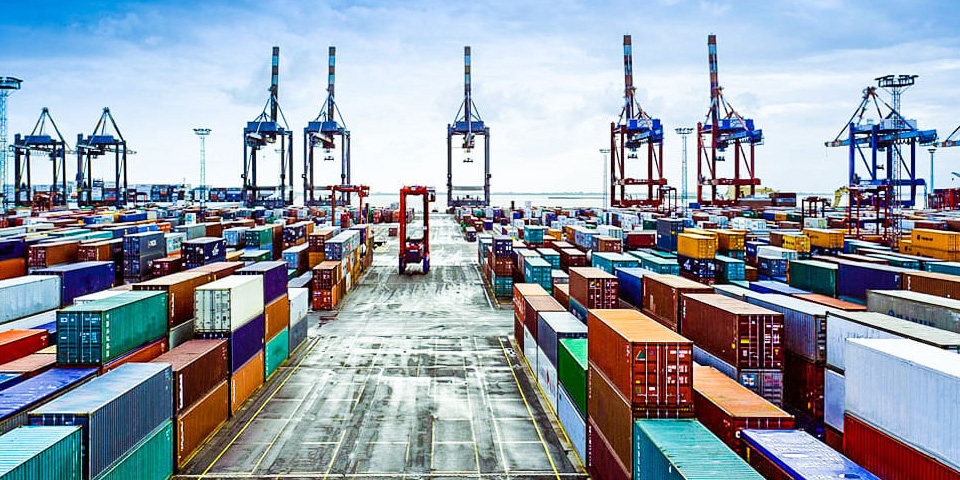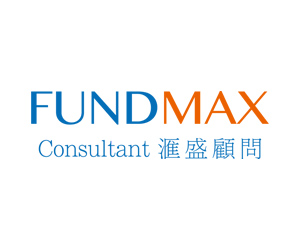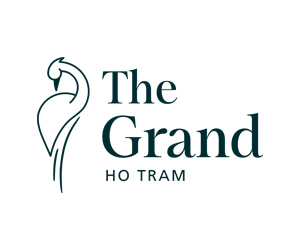Want to be in the loop?
subscribe to
our notification
Business News
FOR CAPITAL MARKET TO WORK MORE PRODUCTIVELY
The capital market is an important component of the financial market, a source of medium and long-term capital, and an important foundation for economic growth. In the past years, in addition to spectacular development steps and remarkable results, Vietnam's capital market has also been exposed to various limitations and risks. Despite unpredictable risks and challenges, this market is expected to grow stronger and more balanced in the coming time.
Rapid growth
Dr. Vu Nhu Thang, Vice Chairman of the National Financial Supervision Commission, said the rapid, intensive and extensive development of Vietnam's capital market in the past 20 years, coupled with a completed legal framework, rapidly increased scale, product and liquidity, has helped mobilize very important financial resources for the economy, supported and supplemented the traditional capital channel, bank credit.
The size of the stock market expanded rapidly in 2016-2017 and 2020-2021. In June 2022, the market capitalization reached VND7,800 trillion (US$332 billion) or 78.16% of the country's GDP (In December 2015, the market capitalization was VND2,100 trillion (US$89 billion) or 41.8% of GDP). Notably, the stock market capitalization accounted for VND6,200 trillion, up 340% from the end of 2015 and the bond market capitalization was VND1,600 trillion, up 111% over 2015.
The rapid growth of the stock market helped narrow the gap with the monetary market (in June 2022, the credit-to-GDP ratio was 113.9%), provided another medium and long-term funding channel for the economy, supported enterprises to access financial resources for business development, especially for scale expansion or technological investment, and reduced risks arising from short-term credit provided by the commercial banking system. As much as VND2,670 trillion (US$109 billion) was raised via the stock market in 2016-2020, an increase of 133% over 2011 - 2015. Corporate bond proceeds jumped 532% and G-bond proceeds surged 54%. State corporate divestment value soared 712%.
All three markets of banking, securities and insurance, financial products and services have been developed rapidly. Many new products and services have been launched to meet the increasing and diverse needs of customers and investors. In particular, products are increasingly integrated with new technology because information technology (IT) application in the financial sector has been accelerated.
Nonetheless, Vietnam's capital market has still faced numerous challenges that need to be addressed. Vietnam's market structures are smaller than those in regional countries and its market components are not balanced, Dr. Thang said.
As of June 30, 2022, Vietnam’s stock market capitalization was 78.16% of GDP, less than others in the region (ranging between 93% and 243% of GDP, except for Indonesia). About 35% of the market capitalization came from State-owned enterprises whose ownership and liquidity was limited. Besides, the bond market value (47% of GDP) was much smaller than the stock market and its peers in the region. Supplies on the capital market are not varied enough and their quality is not guaranteed. Listed companies in highly cyclical industries such as finance (banking, securities and insurance), real estate and construction accounted for 65% of the market capitalization and liquidity. Not many technology, healthcare, logistics and services companies were listed. Some deliberately falsified their capital increase before floating their shares, or raised funds in the stock market for the wrong purposes. Stock prices did not reflect the business performance of their companies.
In addition, according to many experts, the domestic investor base is still weak and the long-term fundraising function of the capital market is not linked to insurance and social security systems. Individual investors account for 80-85% of transactions in the stock market and they mostly make their own investments rather than entrust professional investment funds. This greatly affects the sustainability of VN-Index (which was sometimes among the best performers and sometimes among the worst performers in the world).
Notably, the unaudited financial statements of some listed companies are significantly different from their audited ones. Some material items are not fully accountable, untransparent, or audited for exceptions. Reports on the use of mobilized capital are not fully disclosed, making it difficult for shareholders, bondholders and authorities to monitor the capital use of such companies.
Moreover, Vietnam still has difficulty meeting some criteria for upgrading to an emerging stock market. There are heightened interconnection risks between the capital market (corporate bond market and stock market) with the credit institution system and the real estate sector.
Further perfecting the legal framework and establishing a regional financial center
To develop a safe, transparent, effective and sustainable capital market in order to perfect and synchronize market economy institutions, stabilize macroeconomic performance, and mobilize resources for socio-economic development, Vietnam needs to further improve the legal framework for the capital market, develop the investor base by completing regulations on professional investors based on market practices; and encourage individual investors to invest through professional funds by offering lower tax and fee, said Dr. Vu Nhu Thang.
At the same time, it is necessary to scale up the stock market and diversify products in 2021 - 2025. Accordingly, it is important to research and introduce preferential policies to encourage joint stock companies to float their shares on the stock market (supporting information disclosure costs and audit costs for listed companies; offering corporate income tax incentives in a given time for medium-sized or larger enterprises in development-prioritized industries, coupled with economic restructuring, such as renewable energy, green economy and supporting industries). In 2022 - 2025, Vietnam will need to further research and introduce regulations on consumer protection of financial products, instruct adoption of Fintech in the securities sector; resolutely require equitized State-owned enterprises (SOEs) that are eligible to float their shares on the stock market.
Remarkably, it needs to seriously reform requirements on information disclosure and corporate governance, toughen sanctions for erroneous, delayed information disclosure; intensify inspection of financial statements and audits conducted by auditors; and add information disclosure requirements applied to companies that are not public companies or non-public companies that issue corporate bonds.
Specially, according to Dr. Thang, it is necessary to soon approve the establishment of regional and international financial centers (in Ho Chi Minh City and/or Da Nang City) according to the resolution of the 13th National Party Congress on the study and construction of specific policies for developing Ho Chi Minh City into an international financial center, as well as to the resolution on the 5-year socio-economic development plan in 2021-2025 that points out locations and cities with special advantages for the construction of competitive economic and financial centers that connect with major economic centers in the region and the world.
Source: VCCI
Related News

HANOI, HCM CITY APARTMENTS NOW OUT OF REACH FOR MOST LOCALS
According to a recent report by the National Assembly’s supervision delegation on the real estate market laws, policies and social housing development, about 3,63 commercial housing and urban development projects were initiated in 2015-2023, covering a total area of nearly 11,200 hectares.

WINE TRAINING: WINES OF THE WORLD - SPAIN & LATIN AMERICA
This training program aims at exploring the world of fine wines and wine appreciation. Participants shall progressively build confidence in their relationship with wine appreciation throughout the workshop, with a greater focus in Spanish and Latin-American wines.

INFOGRAPHIC SOCIAL-ECONOMIC SITUATION IN THE OCTOBER AND TEN MONTHS OF 2024
The monthly statistical data presents current economic and social statistics on a variety of subjects illustrating crucial economic trends and developments, including production of agriculture, forestry and fishery, business registration situation, investment, government revenues and expenditures, trade, prices, transport and tourism and so on.

LONG AN INTERNATIONAL PORT READY FOR INTERNATIONAL CONTAINERS IN 2025
Long An International Port is working with a number of global shipping companies to implement plans to transport goods internationally starting from 2025. According to Ngo Thi Thanh Vy, deputy general director of Long An International Port Management and Operations JSC, currently, Long An International Port is exploiting domestic containers from the north, central and south and vice versa.

NEW ERA OF SUSTAINABLE FUEL IN AVIATION BUILDS MOMENTUM
Dinh Viet Phuong, CEO of Vietjet, emphasised the importance of these flights, describing them as “green flights” that contribute to the greening of the aviation sector. “As a pioneer in the research, development, and use of SAF, Vietjet is committed to reducing carbon emissions and supporting the sustainable development of the aviation industry,” he said.

MONETARY POLICY FLEXIBLE AND STABLE
Following four consecutive sessions of treasury bill issuance, interbank interest rates have rebounded. By October 23, overnight VND rates were at 3.83 per cent, while the one-week rate reached 3.99 per cent, an increase of 1.1 per cent and 1.03 per cent from the previous week.

































